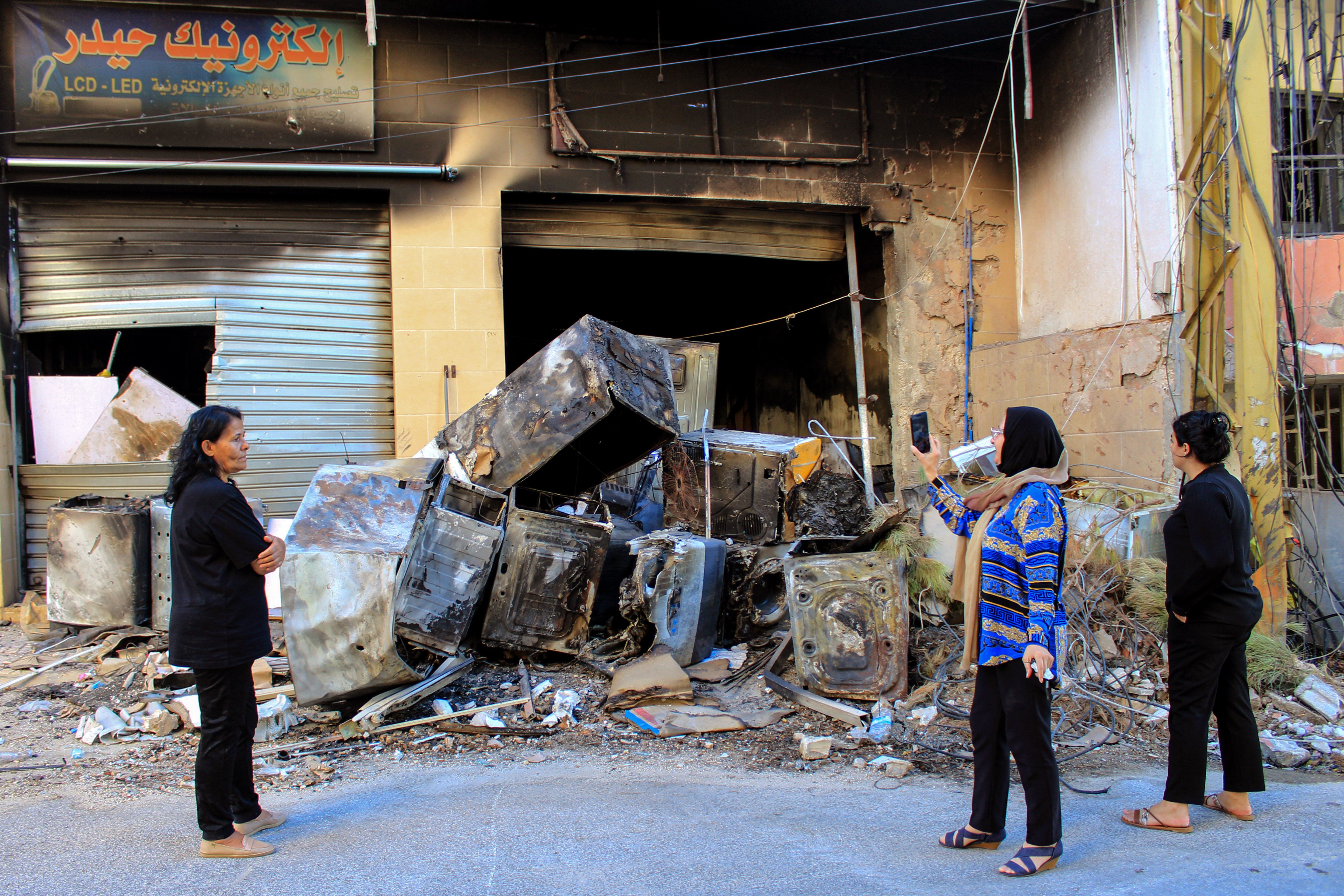Israel and Hezbollah seem to have stepped away from a wider conflict despite launching a massive exchange of fire on Sunday in the biggest escalation between the two since the Oct. 7 attacks.
The two sides have expressed satisfaction with their attacks, which involved military targets and resulted in a small number of casualties. They both “feel they have some space to declare victory from the exchange,” says Gregory Brew, a regional expert at Eurasia Group.
The situation remains “very tense,” adds Brew, but it appears that neither side is “looking for an excuse to escalate.”
Hezbollah said its Sunday barrage was part of an anticipated retaliatory attack for an Israeli strike in Beirut in late July that killed one of its founding members, Fuad Shukr. For weeks, Iran has also been expected to attack Israel over the killing of Hamas’ political leader, Ismail Haniyeh, in Tehran last month.
But recent rhetoric from Tehran suggests it “may be reconsidering a major attack in response to the Haniyeh assassination,” says Brew. Hezbollah’s move might have eased pressure on Iran to do “something big,” he adds, and it also “looks likely now that whatever Iran will do will come separately from Hezbollah's response,” as opposed to part of a coordinated response.
Still, the US is keeping two carrier strike groups in the region, and Israel remains on high alert – a signal that American and Israeli officials believe an Iranian attack “remains a possibility and could come with little warning,” says Brew.
